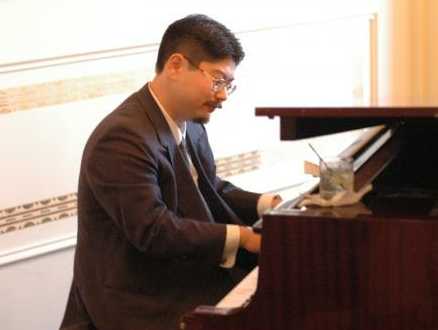And the term begins...
So the term has started up for me: I am taking one class and sitting in on another one.
I am sitting in on a finite element class: I use finite element simulations as one of the many items in my working toolbox (both thermal and moisture simulations: THERM and WUFI). I thought a better understanding of the calculation engines behind them would be a good idea. In the first class, I thought I appreciated this prof already: he has an entire section of "how your simulations can go wrong and not reflect reality at all" (as well as the fact that many commercial packages out there have this problem in their code). Although the major assignment is going to be writing your own finite element software, I understand why he wants to do that as a teaching tool.
There were a few interesting moments in the class. At one point, the prof asked the class to supply an answer to a question he was working on--it seemed completely obvious to me (having run these types of simulations), so I didn't say anything (the system is symmetric, so you make that border zero flow). When nobody else in the class answered, I spoke up. So fine, I know stuff.
Later on, he was explaining the matrices used to create the 'guts' of the simulation (connecting nodes and elements). He started a matrix multiplication example, and most of the class fell over itself trying to provide the answer. I, on the other hand, have not done linear algebra since the 1980's. And I am not familiar with the term singular matrix. So I definitely have to brush up on some math here, if I'm going to be serious about this class. But it just goes to show just how different I am from a lot of the students around here.
The second class is the one I'm actually taking for credit, and I'm really looking forward to it: concrete durability. It's being taught by a young prof, who comes from the consulting world. I knew he was 'my type of people' when he described the fact that, "These bridges are failing, even though all the facts are known in the literature, because nobody has made the information readily available or pushed it into the codes." This matches up with so much of my experience with the energy efficient building field--it's not a science problem: it's a knowledge-in-the-field problem. He helped put together parts of the Texas Department of Transportation codes on concrete bridge design as part of his PhD thesis--pretty cool stuff. It think it's going to be an incredibly useful class.
I guess my attitude towards classes and school has definitely changed since my undergrad days. First, taking a few classes a term lets me concentrate on the material to an extent that I actually understand it, as opposed to the 'learning by triage' experience at the 'tute (yes, some of my classes got black tags). Second, I think I have a greater understanding of what teachers are trying to convey, why the information is or is not important, and how they are using the tools at their disposal (assignments, reports, exams) to do so. This is partially from my real world experiences: I can now see now that the job of teaching is to cram useful knowledge into the heads of students, as opposed to just trying to bust their balls (as per my undergrad experience). Also, many professors are now in my age cohort or younger (my advisor, Dan, Crusher, Elizabeth, Nikho).
Anyway, my amusing photo for the day:

Man... I thought these things were baby carrots, not toddler carrots.


1 Comments:
There's a challenge in teaching: you want to make sure that the students leave the course with something memorable to help them keep the information that they learned. A tough project is an excellent example of that; it also is good for telling future employers about. Some such courses (6.111 at the 'Tute, say, or the trains course here in my department) get enough of a reputation that employers are even excited to know about students who have taken them.
So it is a somewhat hard balancing act. Similarly, we want to teach students how to think and to problem solve, not necessarily what is the current technique for a problem.
It's not easy!
[And I must say, I think a course on concrete durability sounds almost as boring as watching walls get wet. Oh, wait... :-)]
Post a Comment
<< Home